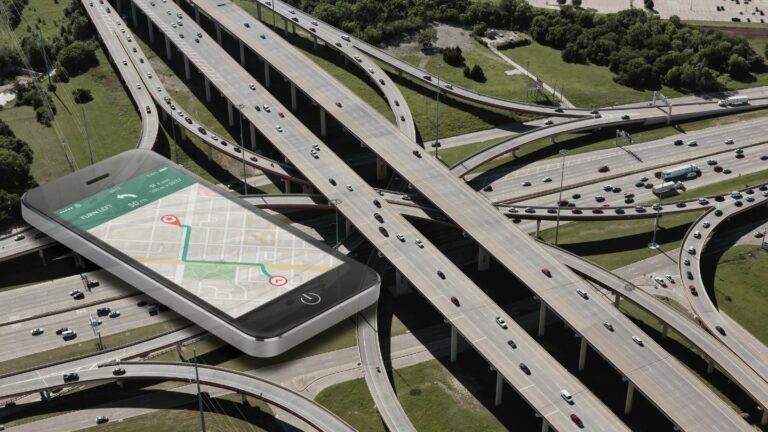( reading time: 3 min 7 sec )
Few people wake up and say, let’s use a personal day and skip work to have a budgeting day. Doesn’t that sound like fun?
In its simplest form, budgeting is predicting our income and expenses and creating a plan to manage the results. Putting budgeting into practice effectively is more than the plan. If we want to win consistently, a few extra details are essential.
In this article, we’ll break down the budgeting fundamentals so you can get started confidently.
1. Determine Your Income(s)
The first step in creating a budget is to determine your income. Income includes all the money that comes into your household each month. Inbound money could be your salary, any secondary income, or any government assistance you receive.
2. List Your Expenses & Categorize
Next, you’ll want to list all of your expenses. Expenses include regular weekly or monthly items like rent/mortgage payments, utilities, groceries, transportation costs, entertainment, and any other expenses you have. Expenses include semi-regular items like six-month or annual car insurance, home insurance, taxes, etc. Consider if any irregular expenses are coming up, like replacing the car, home maintenance, or appliances. It’s essential to be as accurate when listing your costs to get a clear picture of where your money is going.
Once you have a list of your expenses, it’s time to categorize them. Categories will make it easier to see which expenses are necessary and which ones you can cut back on.
3. Set Your Priorities
Now that you clearly understand your income and expenses, it’s time to set your priorities. Prioritizing means deciding which expenses are most important and which can be reduced or eliminated for now. For example, if you’re spending too much on eating out, you should reduce that expense and allocate more money towards your personal goals that are higher in your goals.
Saying no for now is not a lifelong death to some of the things you like that you eliminate. No is allowing you to say yes to things more important to you. Think of it this way. Two top goals in budgeting are reducing waste and preventing regret. At Budgeting Today, we continue to emphasize that a budget does not cause an inability to buy something; a lack of resources and income causes it.
4. Create a Budget
With all of this information, you’re ready to create a budget. A budget is a plan that outlines how you will spend your money each month. It’s essential to be realistic when creating your budget so you can stick to it. Make sure you allocate enough money towards your essential expenses and savings before allocating any money towards discretionary spending.
5. When Money Arrives, Assign It
Delegation was the secret to envelope budgeting. We assign our money like generals deploying troops. Envelopes kept the dollars from going AWOL (absent without leave). When the troops were deployed, the general could depend on having the power available for the planned tasks. Assigning our income works the same for you as you prepare for spending.
6. Track Your Spending
Once you have a budget in place, it’s essential to track your spending. Tracking means keeping track of spending with enough detail to compare it to your budget. This minimal tracking will help you identify areas where the budget could be improved to meet your goals, reduce waste, and prevent regret.
7. Make Adjustments as Necessary
When it comes to budgeting, the budget is a plan, not a ritual. If you want to change the budget, you can. Some budgeting methods fail the budgeter because changes in plans have unforeseen consequences. When we skip the assignment step, we don’t know what each dollar is supposed to do as we spend it. We focus on tracking spending instead of spending assigned resources.
Tracking budgeting knows if we spend too much on a budget category, but it has no idea where the excess comes from. The rest of the budget becomes a gambling center, hoping lady luck will prevent things from creating a crisis.
If you want to change the budget, move the assigned dollars from one category to another. You will know what you are saying not to, allowing you to say yes to something else. It prevents blind decisions. It removes gambling and replaces it with opportunities for intelligence. It is also a great time to record possible future changes in the budget.
In conclusion, budgeting is crucial if you want to manage your finances effectively. By following these bare basics of budgeting, you can get started confidently and take control of your finances. Remember, budgeting takes time and practice, but you can achieve your financial goals with patience and dedication.







